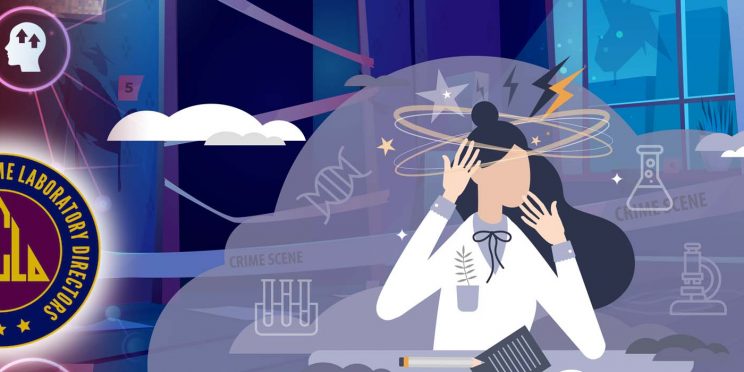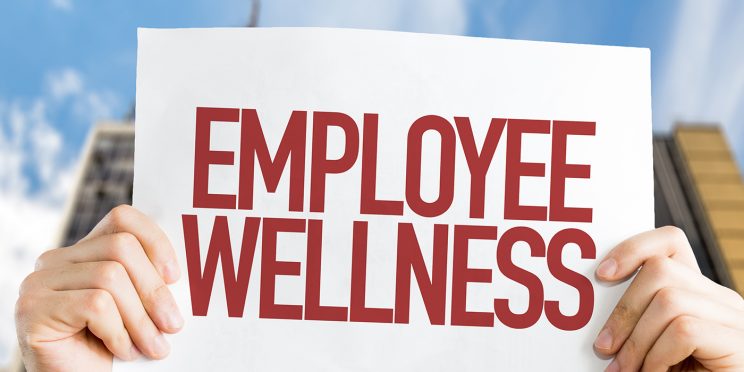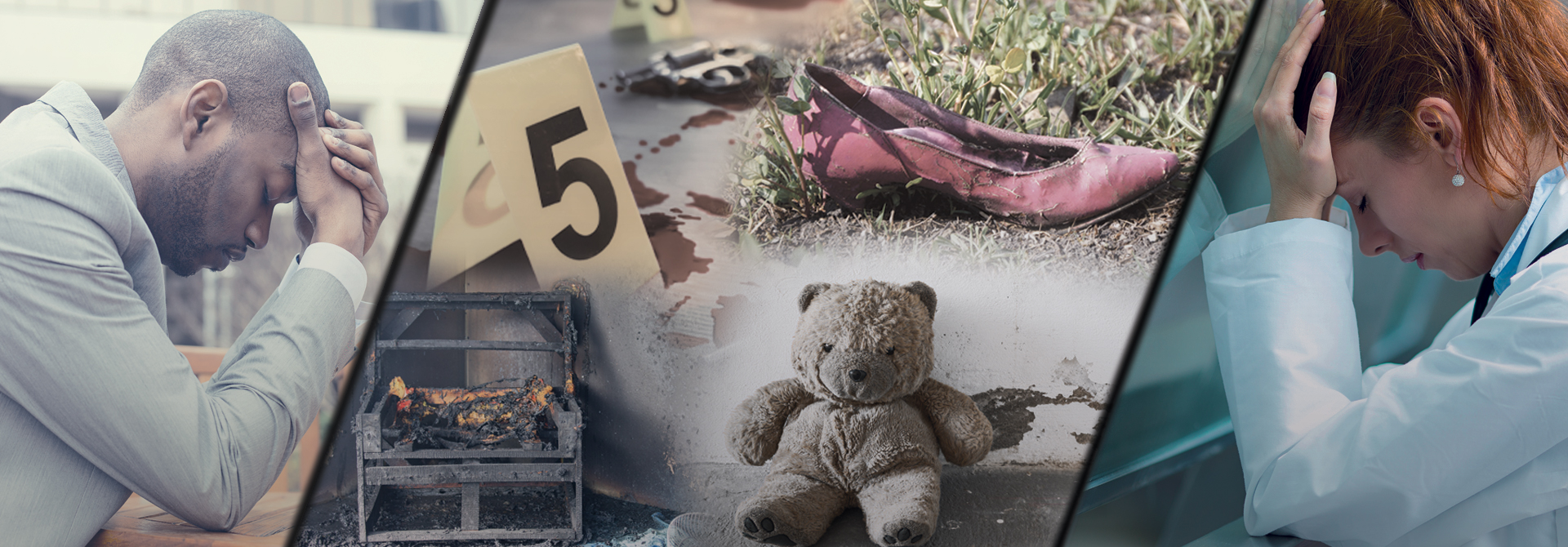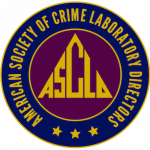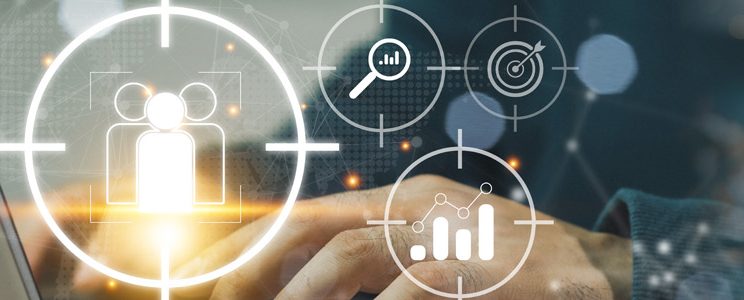Overview
Forensic professionals often work in dynamic and atypical environments, where they are exposed to sensitive case details, work closely with law enforcement counterparts, and are required to make important decisions quickly. As a result, forensic professionals are vulnerable to experiencing work-related stress. In an effort to uphold high-quality standards in forensics science, researchers and practitioners have developed resources to address work-related stress and emphasize workplace wellbeing in the forensics workforce.
This toolkit contains resources to help forensic professionals and their colleagues to understand, recognize, and cope with the stressors encountered on the job. Below, you will find information that addresses workplace wellbeing across a variety of forensic disciplines, including crime scene investigators, medicolegal death investigators, forensic examiners, and those who review sensitive digital evidence. This toolkit covers topics such as secondary traumatic stress, vicarious trauma, burnout, resiliency, and more.
Webinars
Click the left and right arrows to scroll through FTCOE webinars that address forensic professional wellness.
Reports
In-Brief: What Are Crime Scene Investigators Saying About Work-Related Stress and Wellbeing?
In partnership with the Bureau of Justice Assistance’s Comprehensive Opioid and Stimulant Use Program (COSSUP), convened a virtual roundtable of practicing crime scene investigators (CSIs). This in-brief summarizes insights from the roundtable regarding gaps in resources and research that can guide further efforts to support workplace wellbeing for crime scene investigators.
Additional External Resources
- Civilian Forensic Technician and Sworn Police Officer Job-Related Stress
- The Mental Health of Officials Who Regularly Examine Child Sexual Abuse Material: Strategies for Harm Mitigation
- Organizational and Human Factors Affecting Forensic Decision-Making: Workplace Stress and Feedback
- Physiological Measurement of Crime Scene Investigator Stress
- Practices and Policies Around Wellness: Insights From the Internet Crimes Against Children Task Force Network
- PTSD Symptoms Experienced and Coping Tactics Used by Crime Scene Investigators in the United States
- Secondary Traumatic Stress, Burnout, Compassion Satisfaction, and Perceived Organizational Trauma Readiness in Forensic Science Professionals
- Stress and Support in the Workplace: The Perspective of Forensic Examiners
- A Study of Trauma and Resiliency Among Forensic Examiners Investigating Child Pornography
Podcasts
Click the left and right arrows to scroll through FTCOE podcast episodes that address forensic professional wellness.
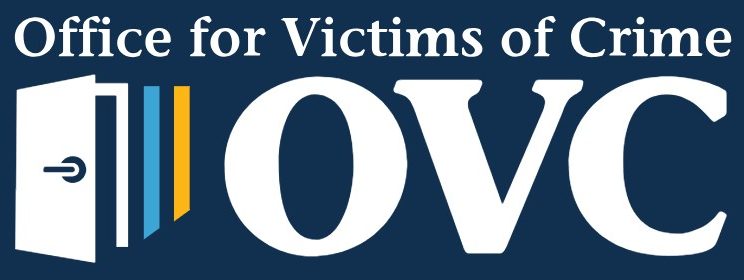
The Vicarious Trauma Toolkit
The Vicarious Trauma Toolkit was developed on the premise that exposure to the traumatic experiences of other people—known as vicarious trauma—is an inevitable occupational challenge for the fields of victim services, emergency medical services, fire services, law enforcement, and other allied professionals; however, organizations can mitigate the potentially negative effects of trauma exposure by becoming vicarious trauma-informed.
Funding for this Forensic Technology Center of Excellence toolkit has been provided by the National Institute of Justice and the Bureau of Justice Assistance's COSSUP, Office of Justice Programs, U.S. Department of Justice.
The opinions, findings, and conclusions or recommendations expressed in this toolkit are those of the author(s) and do not necessarily reflect those of the U.S. Department of Justice.
Contact us at ForensicCOE@rti.org with any questions and subscribe to our newsletter for notifications.
Suggested Citation | Forensic Technology Center of Excellence. (2025, April). Forensic Employee Wellbeing Toolkit. Research Triangle Park, NC: RTI International. https://forensiccoe.org/2025-toolkit-forensic-professional-wellbeing/
The Forensic Technology Center of Excellence (FTCOE) is committed to periodically updating this resource to ensure its relevance. For suggestions or additions to enhance the comprehensiveness of this resource, please contact ForensicCOE@rti.org.
Published & Last Updated: April 2025



